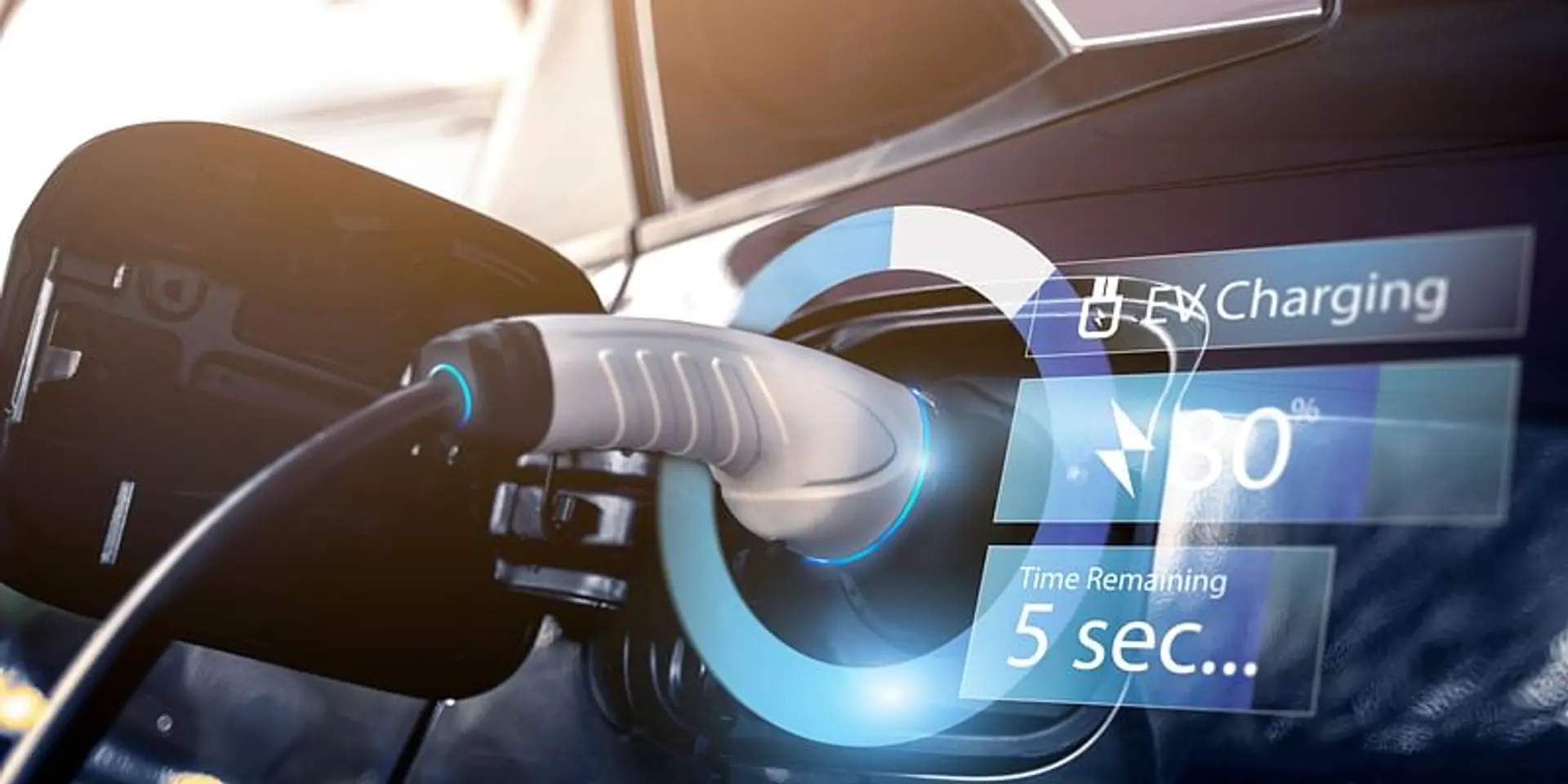Local sourcing requirements in India’s EV sector: Building a domestic supply chain
By sourcing components locally, EV manufacturers can reduce transportation costs, import duties and vulnerability to currency fluctuations, resulting in overall cost savings.
The global shift towards sustainable transportation has led to a sharp increase in the demand for electric vehicles. In India, the government's ambitious goals of electrifying the transportation sector have further accelerated this demand. As a result, there is now a pressing need for a reliable and efficient supply chain to support the production and distribution of EVs.
Currently, EV manufacturers rely heavily on imports for crucial EV components such as batteries, motors, electronics, etc. For instance, according to estimates from PwC, the battery makes up a significant 30-40% of the total EV cost, with around 18-22% of this cost associated with battery cells and raw materials that are currently sourced from foreign countries. Localising the production of these components has proven to be a challenging task due to the complex nature of components/assemblies and the substantial investments required for in-house production.
This heavy dependence on imports not only affects the cost of EVs but also leaves the supply chain vulnerable to disruptions. Thus, having a reliable local source of components and raw materials is imperative for EV manufacturers, without which they may struggle to meet the growing demand for EVs. This would be an undesirable scenario, as it could jeopardise the growth potential of the Indian EV industry.
The Indian government has long prioritised the localisation of production in the EV sector, to achieve self-sufficiency and global competitiveness. Various ambitious policies and initiatives have been introduced over time to support this objective.

The recent unveiling of the new EV policy aims to encourage global manufacturers to establish manufacturing facilities in India, thereby promoting the country as a prominent hub for EV production. With a focus on increasing domestic value addition, the policy sets a target of 50% localisation within five years. This requires companies to establish manufacturing plants in India within three years and achieve a 50% localisation level by the fifth year. Additionally, the policy includes incentives for investments surpassing $800 million, further incentivising the domestic production of EVs and their components. This initiative aligns with the country’s ‘Make In India’ campaign and signifies a strategic move towards building a self-reliant EV ecosystem.
As the production of essential EV components such as batteries, motors, charging infrastructure, etc gets localised, India’s dependence on imports is likely to diminish, marking a significant victory for the EV industry and the national economy. This shift towards domestic production is set to establish a robust supply chain, ensuring a steady and uninterrupted supply of components for EV manufacturers. With readily available EV components, manufacturers can expedite production and ensure faster time-to-market for EVs. A domestic supply chain would also allow for better quality control and faster feedback mechanisms, ensuring that components meet the required standards and specifications. Moreover, by sourcing components locally, EV manufacturers can reduce transportation costs, import duties and vulnerability to currency fluctuations, resulting in overall cost savings.
This big move would, in turn, lead to a series of exciting developments and benefits.
Firstly, it is likely to spur innovation and technological advancements within the country at a rapid pace. Local EV players would be encouraged to collaborate with global EV manufacturers to develop innovative solutions and customised components tailored to the specific needs of the Indian market. This collaboration would facilitate technology transfer and allow local players to enhance their capabilities in key areas such as battery manufacturing, charging infrastructure, and others. Innovation would emerge as a pivotal driver in the EV landscape, ushering in new manufacturing processes and improved technologies. Such advancements would bolster the competitive edge of the Indian EV industry on a global scale, fortifying its position in the market.
A thriving local supply chain is also likely to generate multiple employment opportunities for skilled workers, technicians, engineers, and researchers. By leveraging local expertise and resources, indigenous EV manufacturers would be empowered to flourish, making significant contributions to the ecosystem. However, the domestic manufacturing of EV components requires special skills and expertise, which further highlights the need for a well-trained workforce. Thus, it is essential to invest in advanced skill development programs as well as research and development (R&D) initiatives to nurture local talent and ensure the success of localisation efforts.
Clearly, the government’s regulatory efforts have kickstarted the EV industry’s journey towards localisation. Tapping into the domestic potential is crucial for steering the country towards a greener, more technologically advanced, and resilient future, which could also strengthen India's position as a leader in the electric mobility revolution. However, while the government is providing the impetus, collaborative efforts from industry players are essential to fuel this momentum. Together, a smooth path for realising the bigger electrification goals can be laid, and success would certainly not be a far-fetched affair.
(Ashwin Bhandari is the CEO and Co-founder of iVOOMi's mobility business.)
Edited by Kanishk Singh
(Disclaimer: The views and opinions expressed in this article are those of the author and do not necessarily reflect the views of YourStory.)








